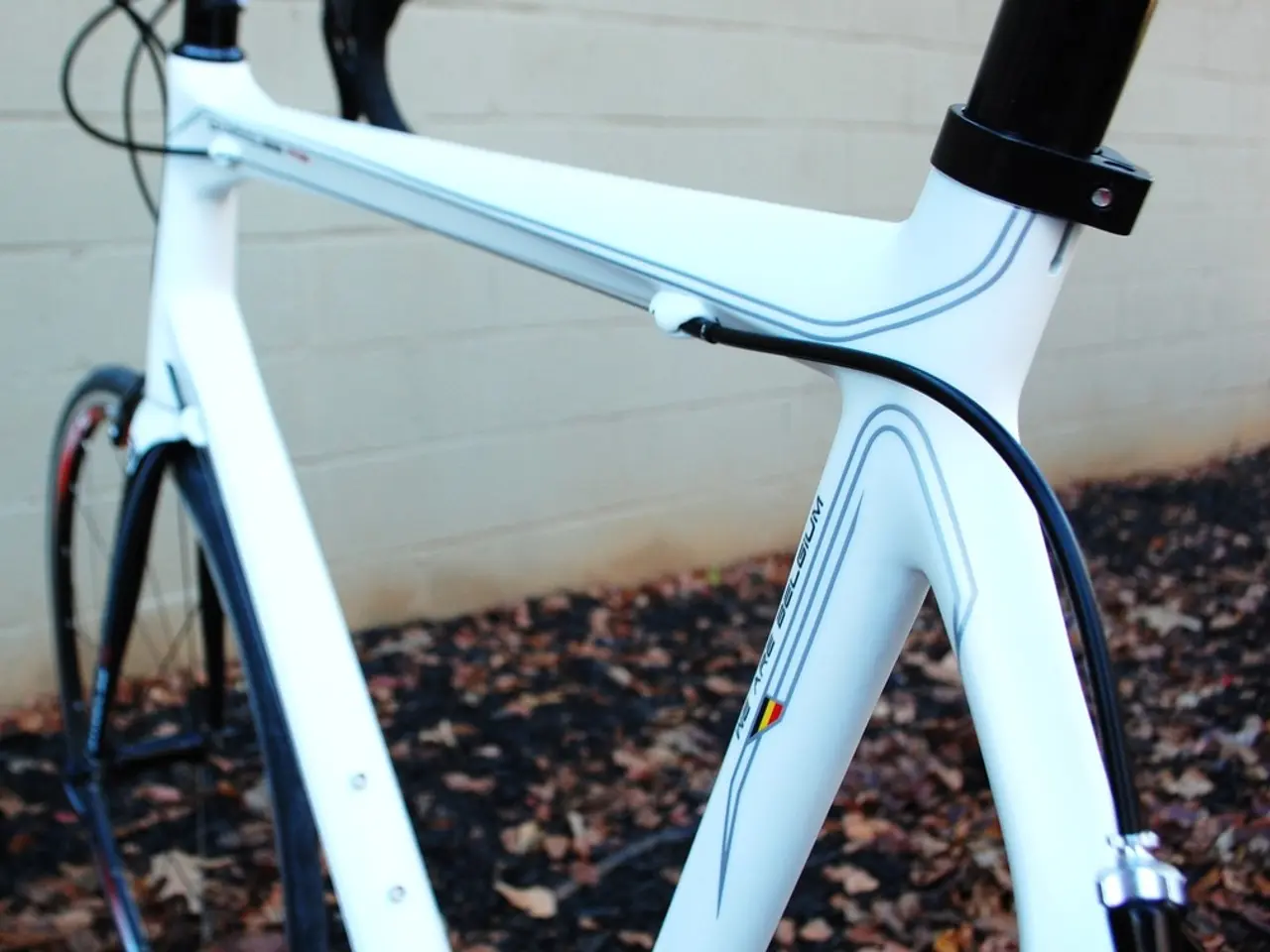Bangladeshi administration pursuing free trade agreement with EU
Bangladesh, a significant exporter of apparel products, is seeking to expand its trade relations with major global economies. The country's Ministry of Commerce has taken steps to negotiate free trade agreements (FTAs) with the European Union (EU), Japan, South Korea, and Canada, among others.
Currently, Australia offers duty-free benefits after graduation to Bangladesh, but with a condition of 50% local value addition. This requirement poses a challenge for Bangladeshi apparel exporters who rely heavily on imported raw materials. The UK, on the other hand, has extended duty-free access until 2035 under its Developing Countries Trading Scheme, but with a 25% local value addition requirement.
Without a similar arrangement with the EU, Bangladeshi exporters will face a 12% duty from 2029 as the bloc has granted the country a three-year extension of zero-duty facilities. It is worth noting that the EU does not have a free trade agreement with Bangladesh at present.
In an attempt to address the local value addition issue, the Commerce Minister of Bangladesh, Rahman, plans to write to Canberra next week, requesting the threshold for local value addition be reduced to 30 per cent, in line with the EU.
The Bangladesh Ministry of Commerce has so far not concluded any free trade agreements with European countries, nor are there currently any free trade agreement negotiations in preparation between Bangladesh and European countries. Bangladesh's aim to sign FTAs with the EU is driven by the fact that India and Viet Nam have already signed FTAs with the EU.
Bangladesh has made some progress in its FTA negotiations, having completed the final round of negotiations with Japan for an Economic Partnership Agreement (EPA) on September 13. Talks with South Korea are also advancing, with the first round of negotiations on a Comprehensive Economic Partnership Agreement (CEPA) completed in Seoul last month.
However, Bangladesh's success in concluding FTAs has been limited so far. The country has only a Preferential Trade Agreement (PTA) with Bhutan signed in December 2020. In an effort to boost its trade negotiations, a dedicated trade negotiation team is being formed to pursue deals with major trading partners and blocs.
Bangladesh has also expressed interest in joining the Association of Southeast Asian Nations (ASEAN) and the Regional Comprehensive Economic Partnership (RCEP). Furthermore, the ministry sent a proposal to Canada last month to begin FTA talks, and officials are in contact with the Canadian High Commission to schedule discussions.
The date has not been fixed yet to sign a trade deal with the US. Bangladesh aims to sign FTAs with the European Union and other major trading partners to boost its exports and strengthen its position in the global market. The EU accounts for over $25 billion in annual shipments from Bangladesh, representing over 60 percent of the country's total exports.
In conclusion, Bangladesh is actively pursuing free trade agreements with major trading partners to enhance its global trade standing and boost its economy. The country's focus on FTAs with the EU, Japan, South Korea, and Canada, among others, reflects its commitment to expanding its trade relations and securing better market access for its products.
Read also:
- Catastrophe at a U.S. Steel facility in Pennsylvania results in the loss of two lives. crucial details unveiled
- Manipulating Sympathy: Exploiting Victimhood for Personal Gain
- Prices remain a concern for the Germans
- Auto Industry Updates: Geotab, C2A, Deloitte, NOVOSENSE, Soracom, and Panasonic in Focus




